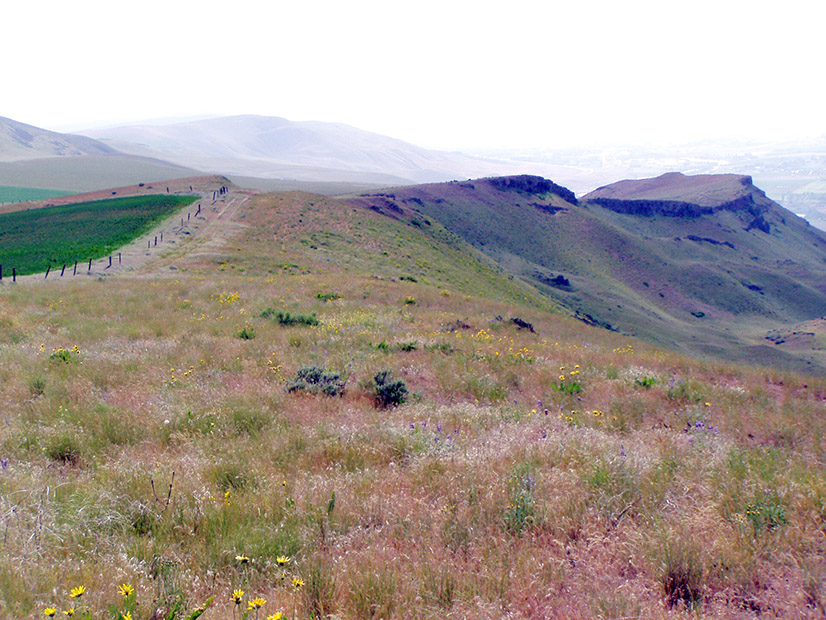
Washington Senate Democrats last week greenlit a bill that would expand the authority and stature of the body that makes siting decisions for energy facilities throughout the state.
The Senate passed House Bill 1812 on a mostly partisan 29-20 vote on Thursday. The tweaked bill now goes back to the House for approval. The House passed the original bill with a bipartisan 95-3 majority.
Introduced by Rep. Joe Fitzgibbon (D), chairman of the House Environment and Energy Committee, HB 1812 would take Washington’s Energy Facility Site Evaluation Council (EFSEC) outside the umbrella of its parent, the Washington Utilities and Transportation Commission, and make it an independent agency.
Currently comprising representatives from several state agencies, the EFSEC makes recommendations to the governor for final decisions on the placement of wind and solar farms and other energy resources.
Under existing rules, a wind or solar developer can opt to seek state approval instead of obtaining county permits by going directly through EFSEC. Or a developer can choose to have the appropriate county government handle the permitting, sidestepping the council.
Fitzgibbon’s bill would not alter that practice but instead extend the EFSEC’s jurisdiction to clean energy product manufacturing facilities, renewable natural gas facilities and hydrogen production plants. The bill also would require the Washington Department of Commerce to meet with rural stakeholders and to prepare reports on those meetings, including recommendations on how to more equitably distribute costs and benefits of energy projects to rural communities.
The bill would direct a joint Senate-House committee to review inequities during the siting of large alternative energy projects with a report due by Dec. 1, 2023.
“This is creation of a more efficient and streamlined process,” Sen. Reuven Carlyle (D), the Senate’s champion on climate issues, said last Thursday.
Senate Republicans blasted the bill as taking local governments and local people out of the picture when decisions are made on siting wind turbines and solar farms. A controversy over a proposed wind farm in southeastern Washington lurks in the background of the debate over the legislation.
Scout Clean Energy of Boulder, Colo., has proposed building up to 224 wind turbines — each about 500 feet tall — on 112 square miles of mostly private land in the Horse Heaven Hills just south of Kennewick in Benton County. (See Wind Project Sows Controversy in Horse Heaven.) County commissioners and many Kennewick residents oppose the project because they don’t want wind turbines cluttering their view of the hills. Scout has opted to seek approval from the EFSEC instead of the Benton County government.
“The reason [HB 1812] is controversial is that Benton County has its local control taken away,” Sen. Perry Dozier (R) said during Thursday’s vote.
A common refrain from the state’s critics of wind and solar farms is that rural Eastern Washington hosts most of the facilities while the electricity goes to heavily populated Western Washington.
Meanwhile, a Republican bill — HB 1871 — to install a moratorium on EFSEC decisions through 2023, died in the House committee chaired by Fitzgibbon.
On Thursday, Republican senators portrayed Fitzgibbon’s EFSEC bill as taking away more power from county governments, leading to Olympia bureaucrats deciding the fate of Eastern Washington farmlands.
“These projects are not in industrial areas, but in alfalfa fields,” said Sen. Judy Warnick (R).
“It’s really a shortcut around local government,” said Sen. Keith Wagoner (R)
Sen. Ron Muzzall (R) said: “Are we willing to disenfranchise local governments and local people?”
“The only thing predictable about this is we’ll see more wind farms on our side of Washington,” Sen. Curtis King (R) said.


